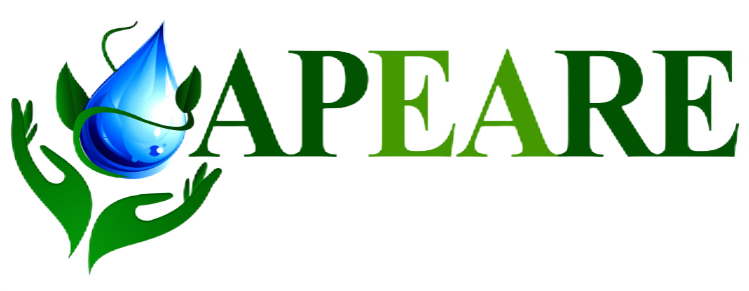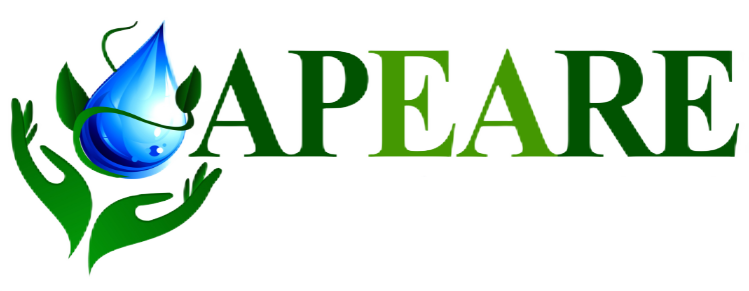
I grew up in a village, so it was typical to see different domestic animals and birds as most families bred them. One such bird was the duck (Pepeye). They came in distinct colors: white, black, and multi-colored. Their webbed feet, broad and flat beaks were their distinguishing features. They had a proud and lazy walking posture, and they were always in the company of each other, especially around puddles making their impact as they roam about.
A few weeks ago, I decided to visit my aunt who lives in the village. She used to rear ducks and rabbits many years ago and I loved visiting her as a child because of her exquisite rabbit stew. During my visit I decided to take a walk around the village. As I made slight jumps across puddles, it struck me, I had not seen a duck in my almost twenty minutes’ walk. I used to see many ducks gathering around puddles many years ago, and now, not even one? Where did the ducks go? Just before I returned to the city, I asked my aunt about her ducks. She smiled and said, “those beautiful creatures, we just don’t have them anymore.”
If you take some minutes to reminisce about your childhood, the domestic and wild animals, plants, herbs, fruits, and vegetables you grew up eating, you will realize they are slowly becoming extinct. All over the world, biodiversity is being threatened mostly by climate change and this is the major cause of the disappearance of some plant and animal species.

Our bio-space is becoming too hot and unbearable for plants and animals. Biodiversity is a derivative of “biological diversity” which refers to the variety of life on Earth at all its levels, from genes to ecosystems, and can encompass the evolutionary, ecological, and cultural processes that sustain life.
When we talk about biodiversity, we do not only consider rare, threatened, or endangered species but in fact the term captures every living thing from humans to organisms we know little about, such as microbes, fungi, and invertebrates.
Nigeria has rich ecological potentials necessary for human development and transformation. Unfortunately, this is presently threatened with a decline in quality and quantity of humans, plants, and organisms at an alarming rate due to over exploitation and misuse of our ecological resources.

Deforestation and crude oil exploration and exploitation are two major threats of Nigeria’s ecosystem. The intentional clearing of trees and large vegetation areas is the major cause of erosion, climate change and flooding. Crude oil exploration has made our water bodies inhabitable for aquatic creatures. The resultant effect is the extinction of certain species of sea creatures.
I do not want my children and grandchildren to see ducks in pictures. I want them to see ducks walking around the neighborhood. We have a critical assignment as a people to conserve biodiversity in our space. We can start by planting trees. I know it sounds cliché, but it is one certain way to conserve our eco-space. We must also stop polluting our water bodies. Our rivers are not meant to be refuse dumps. When these acts become our habits, the ducks may return.
Written by: Vicky Okiyi




